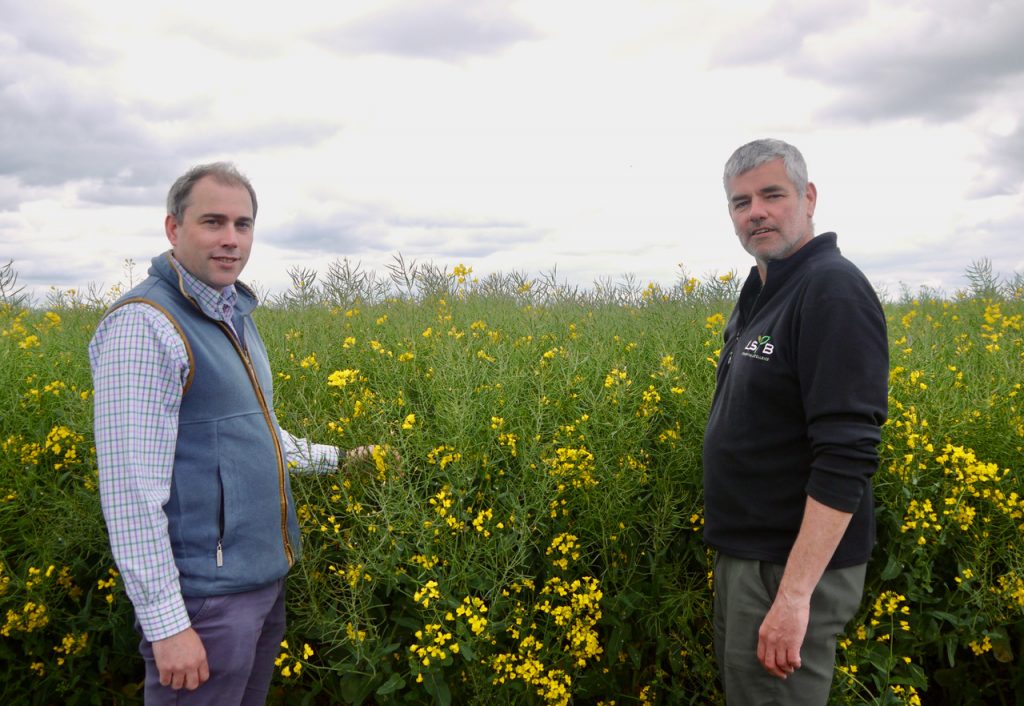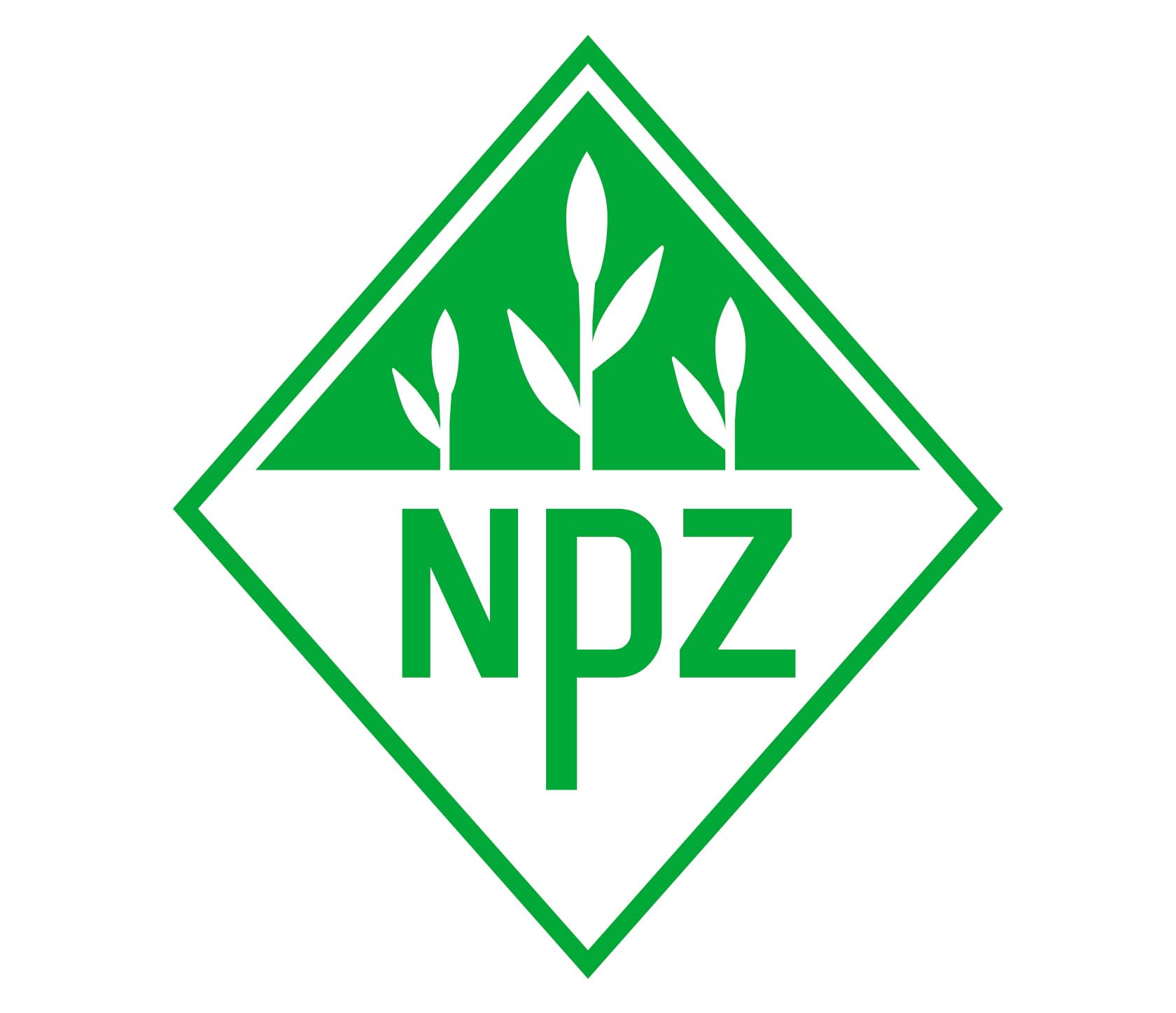“Two LSPB winter oilseed rape varieties – Respect and Flemming – come from a new and exciting generation of hybrids”, says Chris Guest, Managing Director of LSPB (LS Plant Breeding Ltd). “We have commercially launched these after 20 years of research and testing to develop varieties containing the new gene – RlmS – which offers a new source of resistance for protection against phoma.”
Since the Rlm7 gene came onto the scene, oilseed rape has enjoyed the protection it has brought against Phoma – one of the most important diseases in OSR production. While the gene continues to be an effective part of the strategy, reliance on any singular resistance can eventually lead to problems. Indeed, breeders in countries such as France are beginning to see a widespread breakdown of Rlm7.
These issues are not yet a problem for UK growers, but if phoma resistance is not protected, there is a strong possibility that the same challenges could well follow in the UK where the Rlm7 gene has been widely used, representing significant market share of the UK OSR area.
The development of new and innovative genetic advances, well in advance of problems occurring with growers, is one of the core objectives of breeders, and this was the driver that led to the birth of the new RlmS gene, discovered at NPZ, LSPB’s shareholder, who have been researching phoma resistances for decades. It was integrated into the company’s breeding programmes and developed into a viable trait for commercial varieties by the OSR breeding team, currently led by Dr Christian Flachenecker.
The main challenge with breeding new resistance is the time it takes, explains Christian. “Our academic partners have to make the first cross in a bid to develop an OSR which has the new gene included. They then make several back crosses into elite germplasms, and this process can take anywhere from five to ten years.
“After this, breeders take over the material, which is still not adapted to the final market – it then takes another three to four years, and it can be a real challenge to get rid of unwanted traits while maintaining that high level of resistance.
“So, the RlmS process started a long time ago, and is something we were working on before there was any issues with Rlm7, underlining the long-term perspective that breeders have to work with.”
Craig Padley, LSPB’s oilseed and pulse breeder in the UK, picks up the RlmS story: “By 2015, as a result of its foresight, NPZ was able to register the first winter OSR variety containing RlmS. Since then we have continued to improve the varietal package, taking us to today where we have these two new varieties in our portfolio – both boasting this new resistance in an all-round attractive package for growers.”Respect – which was added to the AHDB Recommended List for the E/W region this year – is one of the latest additions to the LSPB portfolio. It is a hybrid that is set to be a new benchmark for plant health and yield stability. Along with its resistance to phoma it has a high, consistent yield performance, vigorous growth habit in the autumn and spring regrowth, stiff stem, outstanding disease resistance and can be drilled from early August right through to early September. AHDB stem canker rating is (8), stem stiffness is (8), lodging is resistance (8) with medium maturity (5) and a robust light leaf spot rating of (6). The gene has especially good stem resistance that brings better protection against the increasingly important pathogens of Verticillium and Sclerotinia.
Flemming is another first for the UK market as a next generation hybrid with stacked traits, adding turnip yellows virus resistance (TuYV) to the RlmS resistance. It is on the AHDB RL candidate list coming up for consideration this autumn and promises the same yield performance and autumn vigour as Respect, with a more prostrate growth habit.
Chis adds in summary, “the introduction of the RlmS gene is the next step up for LSPB’s breeding programme which has delivered huge benefits to growers. Our winter OSR breeding programme has brought a succession of improved varieties to the RL over many years. Currently, these include clubroot resistant Croozer and Crome, plus the HEAR variety Resort. Respect and Flemming are a new and exciting generation of hybrids set to continue our track record of innovative breeding advances for the benefit of all UK oilseed rape growers.”


